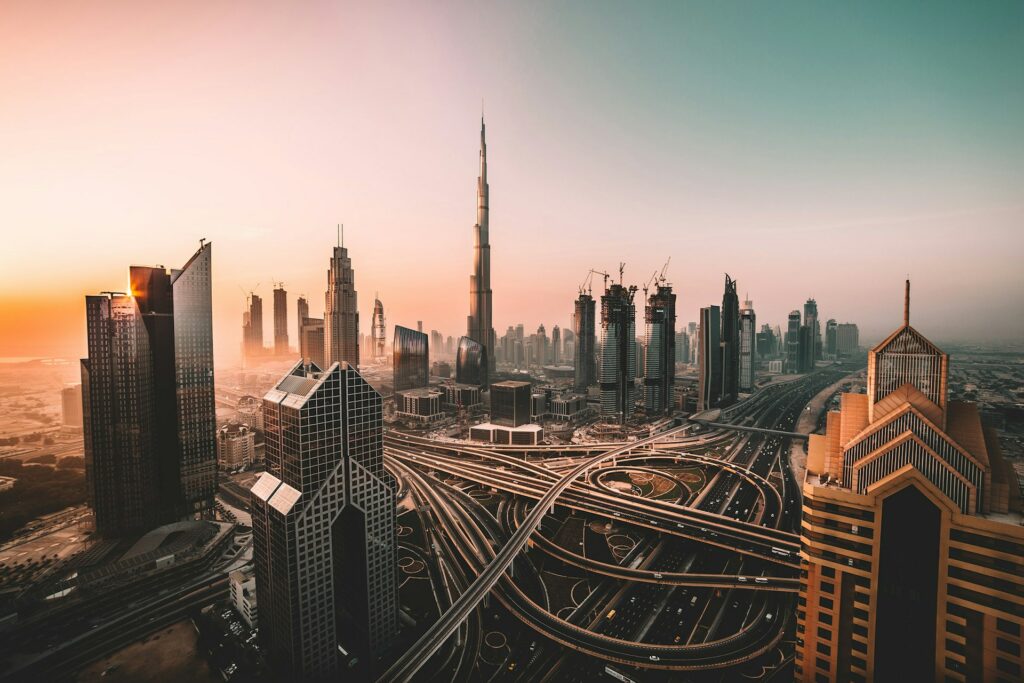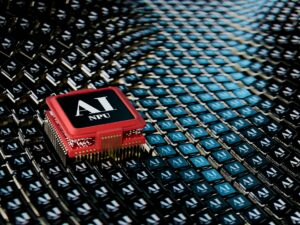The UAE and artificial intelligence

The UAE and artificial intelligence
Last week, when President Donald Trump of the United States of America traveled to the Middle East, he took with him the chief executive officers of a number of American technology businesses. Elon Musk, Sam Altman of OpenAI, Jensen Huang of Nvidia, Alex Karp of Palantir, and a great number of other individuals were among those who participated. These chief executive officers were given the opportunity to negotiate business agreements with those who run Saudi Arabia, the United Arab Emirates, and Qatar. The announcement of multibillion-dollar technology agreements for US corporations was the result of this, which is what Trump enjoys doing the most.
Money was the driving force behind everything that happened; after all, the United States of America is a capitalist machine that has to be fed cold, hard cash. While this was happening, the United States of America also achieved a strategic success in its struggle with China in the field of artificial intelligence. This is shown by a contract that was recently finalized between Abu Dhabi and OpenAI, a US-based artificial intelligence corporation. The agreement consisted of an investment of up to $500 billion in infrastructure and projects, with the goal of establishing one of the major artificial intelligence centers in the world in Abu Dhabi. According to reports, the proposed complex would cover an area of more than 25 square kilometers and will need electricity equivalent to that of five nuclear reactors.
Against the background of international politics, strategy, and the standoff between the United States and China over artificial intelligence, the tale of how Abu Dhabi came to this point is intriguing. The United Arab Emirates project is a component of OpenAI’s Stargate initiative, which aims to establish similar centers all over the globe. It was built in collaboration with G42, a technology company located in Abu Dhabi. But up until very recently, the United States had not placed any faith in G42’s innovative artificial intelligence technology.
This information was brought to the attention of the Central Intelligence Agency (CIA) during a visit to the White House by a UAE official in the year 2023. At the time, G42 was being led by an executive of Chinese descent. In addition to this, it was emphasized that G42 has connections with Chinese intelligence agencies.
The United Arab Emirates (UAE) is likely to be the greatest artificial intelligence data center in the area, since the Saudis and Qataris have established their own partnerships. Additionally, it is illustrative of the positive expectations that Emirati rulers have toward the use of artificial intelligence in their professional and social settings.
It is well knowledge that the United Arab Emirates (UAE) is home to a sizable community of guest workers who fill a variety of job openings, including those in the construction industry and other related fields, as well as high-skill white-collar jobs, such as those in engineering and technology. By shifting to AI, the United Arab Emirates (UAE) may become far less reliant on the populations of migrants.
Experts in artificial intelligence predict that vocations that need minimal levels of expertise, such as those of cashiers, data entry clerks, truck drivers, and delivery personnel, would become obsolete in the future that will be driven by AI. In a similar vein, it is very probable that computers will be able to replace software engineers and developers, along with other similar tech jobs, since computers are capable of writing code more quickly and accurately. In the future, computers will be able to analyze far more information about a patient’s health and generate more accurate diagnoses than ever before. This might result in the loss of employment for medical professionals, especially those working in specialized fields of medicine such as radiology and pathology.
Concerns regarding the use of artificial intelligence in the Gulf region are something that Pakistanis need to be worried about. The economy of Pakistan is dependent on the exportation of blue-collar and white-collar workers to the Gulf Countries and Saudi Arabia. The remittances that these workers send back to Pakistan are an essential component of the economy of Pakistan. The way in which individuals think about the future of their children, as well as their education and the subjects that young people choose to study, is influenced by them. It is possible that Pakistan does not have a significant amount of artificial intelligence (AI) penetration or even development in our local market at the moment; however, this is not the situation in the global arena where we operate.




